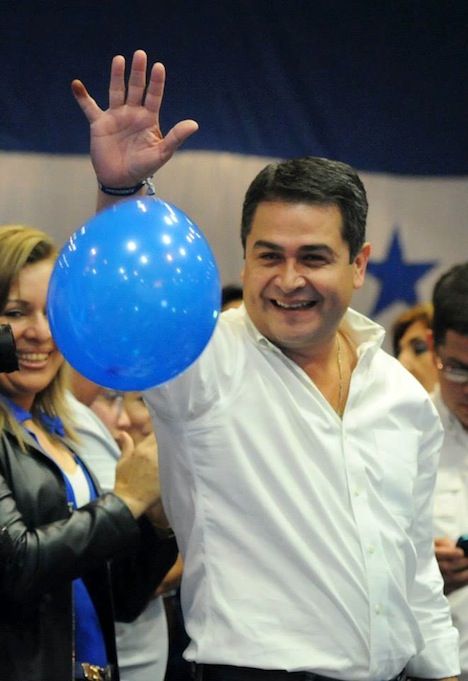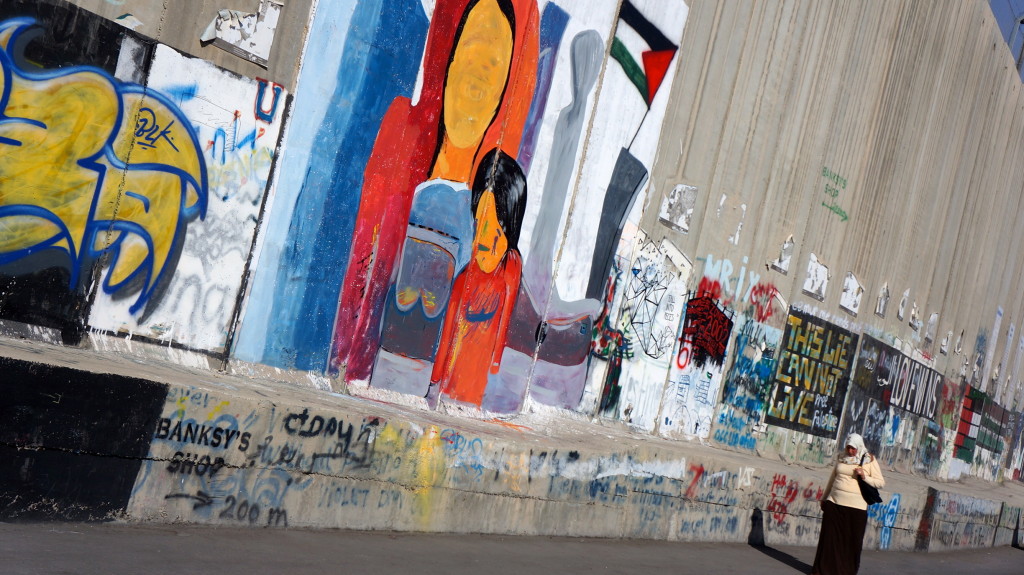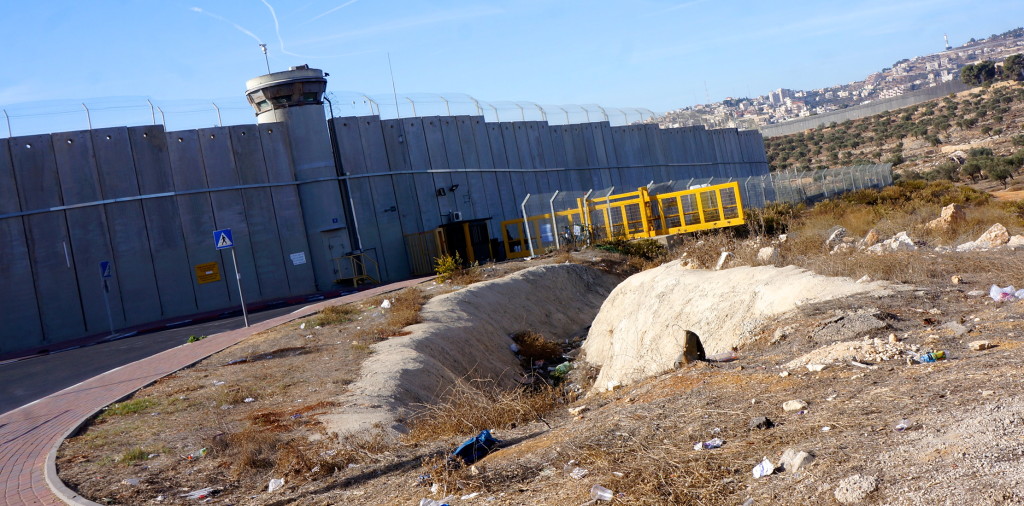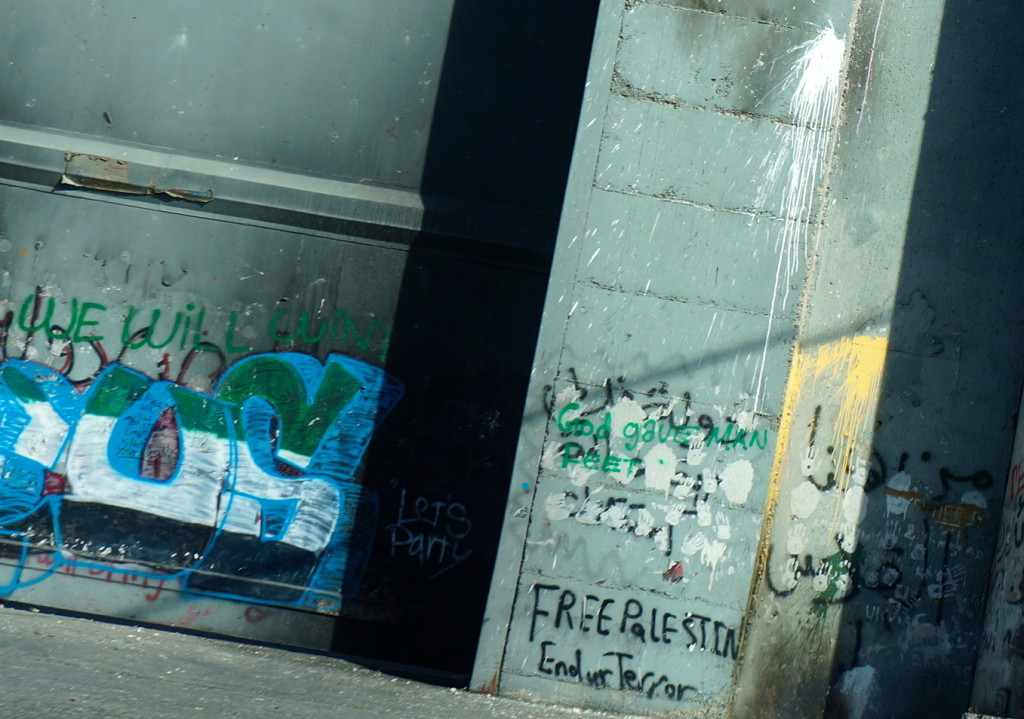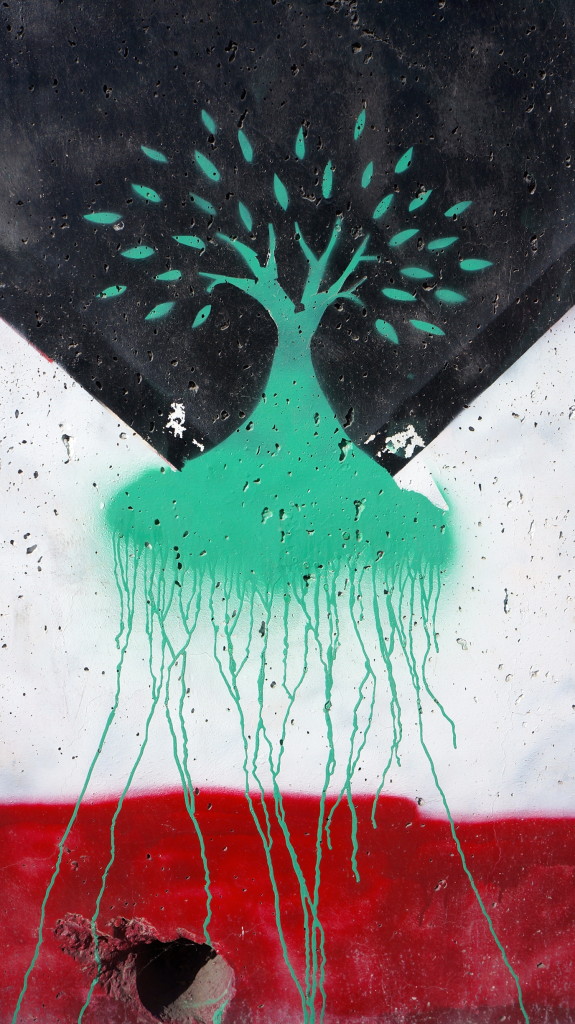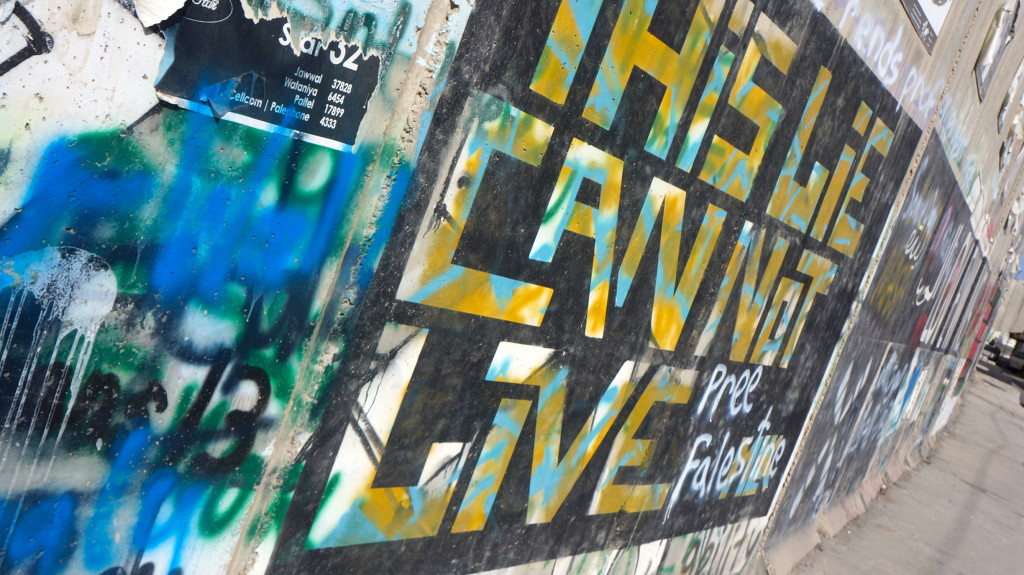I write today at Americas Quarterly that even as Juan Orlando Hernández closes in on the Honduran presidency, he’ll do so with nearly historic obstacles to governing Honduras — in short, he’ll take over the leadership of his country![]() with no mandate, no majority and no money:
with no mandate, no majority and no money:
In light of Honduras’s single-round, first-past-the-post electoral system, [leftist party] LIBRE’s advent made it a near-certainty that the next president would win with less than an absolute majority. If Hernández wins with just 34 percent of the vote, it will mean that nearly two-thirds of Honduran voters rejected his approach. Both [opponent Xiomara] Castro de Zelaya and fourth-place candidate Salvador Nasralla (who’s polling a higher-than-expected 15.64 percent)—a populist sports broadcaster who started a rival right-wing “Anti-Corruption Party”—have already alleged fraud. It’s too soon to know if those accusations have any substance, but there’s certainly enough doubt—not least of all due to the National Party’s disputed 2012 primary elections—to take them seriously.
But even if it turns out that Honduras’s election was “free” in a technical sense, there’s wider doubt that it was a truly fair election. LIBRE candidates, along with journalists and various other activists, have been killed, attacked and harassed with alarming frequency since the 2009 coup. On Saturday night, two LIBRE leaders were assassinated near Tegucigalpa, Honduras’ capital. They weren’t the first LIBRE activists to be killed in Honduras and they won’t be the last—with little apparent ability to combat the world’s highest homicide rate, the Honduran state is unable to investigate murderers who can kill with impunity.
I argue further that it will also be difficult for Hernández to form (or buy) an alliance if, as expected, a four-way parliamentary election leads to the result that no party wins an absolute majority in the Congreso Nacional (National Congress):
LIBRE is certain to oppose Hernández at every step, especially if Castro de Zelaya digs in with her refusal to concede the election and especially if she has good reason for protest. Even without Castro de Zelaya, the new party seems to have sparked a genuine political realignment that isn’t likely to disappear with one election or the political stardom of the Zelayas.
With a disappointing third-place finish, the Partido Liberal (PL, Liberal Party) is likely to want to win back many of the supporters that left it to support the Zelayas and LIBRE. There’s a strong argument that the last thing that the Liberals will want to do is join forces with Hernández at a time when their party’s raison d’être is under siege — instead, the Liberals would be smart to draw contrasts with Hernández.
Notably, Hernández pushed through the centerpiece of his campaign, a controversial military police force, in August, when his conservative Partido Nacional (National Party) held 71 of the Congress’s 128 seats. Even if the National Party somehow wins an unlikely majority when the results of Sunday’s parliamentary vote are known, Hernández certainly won’t have 71 seats — it’s more likely that he’ll have a caucus in the 50s. That comes at a time when it’s almost certain he’ll seek a loan from the International Monetary Fund, with terms that will impose spending limits on Hernández’s administration:
Honduras’ precarious finances will also clip Hernández’ wings. With a nearly 4 percent budget deficit in 2012 and a public debt of 35 percent of GDP, Honduras can barely pay its public employees. Financial strains have also limited the ability of both the national and municipal governments to pay police and military officials enough to discourage collusion with drug traffickers. Financing a new military police force, too, means less money for reducing poverty and unemployment, building roads and hospitals, and crafting economic policy to reduce income inequality in Honduras.
